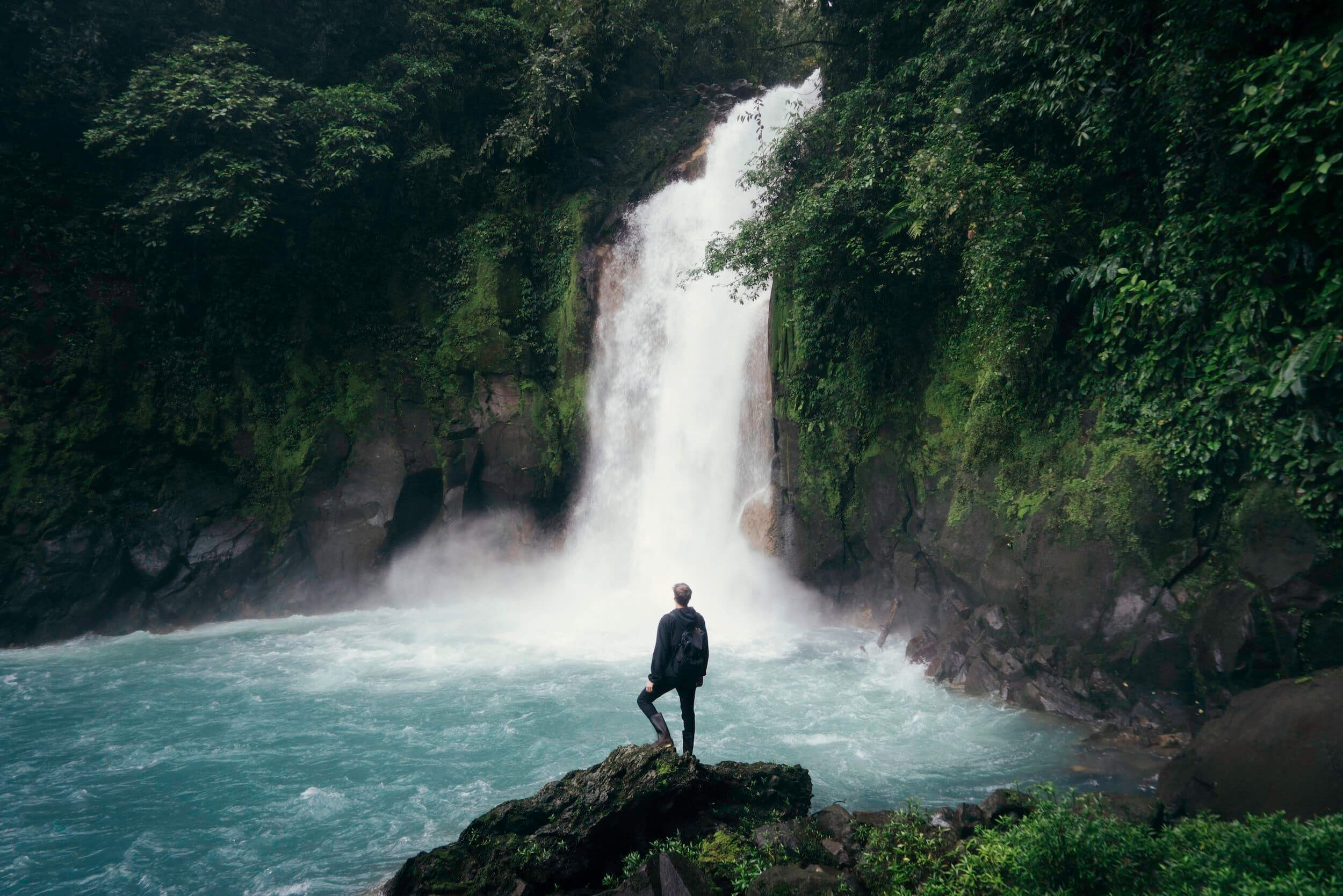Congratulations! You just booked your first liveaboard trip. Or you are thinking about it hard enough to land on this article. Either way, we are thrilled for you. And lucky for you, we’ve been on enough liveaboards to come up with this list of tips to help you avoid some of the mistakes we’ve made and/or witnessed.
If you have any questions regarding a trip you’ve already booked or would like more information about a new booking, don’t hesitate to get in touch.

1. book the lower deck cabin.
The higher you are on a boat, the more she rocks. Even if you don’t think you get seasick, just book the lower deck cabin for your first time. You never know what conditions you will have and how your body will react. Save the big windows and the ocean views for your next trip.

2. bring an anti-diarrheal.
Sorry not sorry for bringing up diarrhea so early on, but there is nothing worse than being stuck on a boat with traveler’s diarrhea and a toilet that barely flushes. Often the best diving is in the most remote places, so it’s best to be prepared. We have a saying here at Dive Date “when going to the world’s end, Imodium is your best friend”.
Just kidding, I just made that up.

3. ear drops, ear drops, ear drops.
Doing multiple dives on consecutive days can be tough on your ears, and the last thing you want is to be stuck on a boat with an ear infection while everyone is still enjoying 3 to 4 dives per day. It’s always wise to bring ear drops for prevention and treatment if you can.

4. bring ear plugs.
You just never know what sounds will be around you. You could be rooming with a snorer – or worse, a sleeptalker – or your cabin could be located right by the anchor. Either way, after 4 dives a day you will need all the sleep you can get. Bring those ear plugs.

5. bring a lot of cash.
You will most likely have additional expenses – some you accounted for and others you did not. This can range from Nitrox, to WiFi, to crew gratuities, marine park fees, a larger tank, or too many soft drinks. Whatever it is, bring a lot of cash because most places will charge for credit cards.

6. do any land extensions after if you can.
Believe it or not, sometimes on-land activities can be fun too. A lot of our destinations have beautiful villages, hikes, monuments, forests, and other stuff to explore. From our experience, it’s best to do those after the diving. The last thing you want is to catch a flu or break a leg just in time for embarkation.

7. pack a windbreaker.
You are in the middle of the ocean. It’s windy. You need a windbreaker. That is all.

8. pack a hard drive and extra batteries.
You are likely (and hopefully) going to have the most incredible encounters. Whatever you are using to take photos or videos, make sure you have everything you need to transfer all the footage you’ve taken each day to a hard drive. This way, if your camera floods or an orca’s tail knocks it out of your hand on your last day, you’ll be glad not to have lost everything.

9. make sure you have all the right certifications.
This seems like an obvious one, but we have seen people get refused Nitrox or have to sit out a dive because of their certification level. Not meeting the requirement for a trip is not always detected at the time of booking (unless you are booking with us), so make sure to ask ahead of time if your certification level and number of dives are sufficient.

10. pack your stuff in a duffel bag.
They’re easy to tuck away and won’t take up the space in your cabin. Some brands have large rolling duffel bags with multiple compartments. Those are great because you can separate your dive gear from your clothes, and have it all in one big bag.

11. ego is not your amigo.
If you’re going to be with the same people in a confined space for multiple days, be nice to them. Making enemies can ruin the fun not just for you, but for everyone around you. Be cool.

